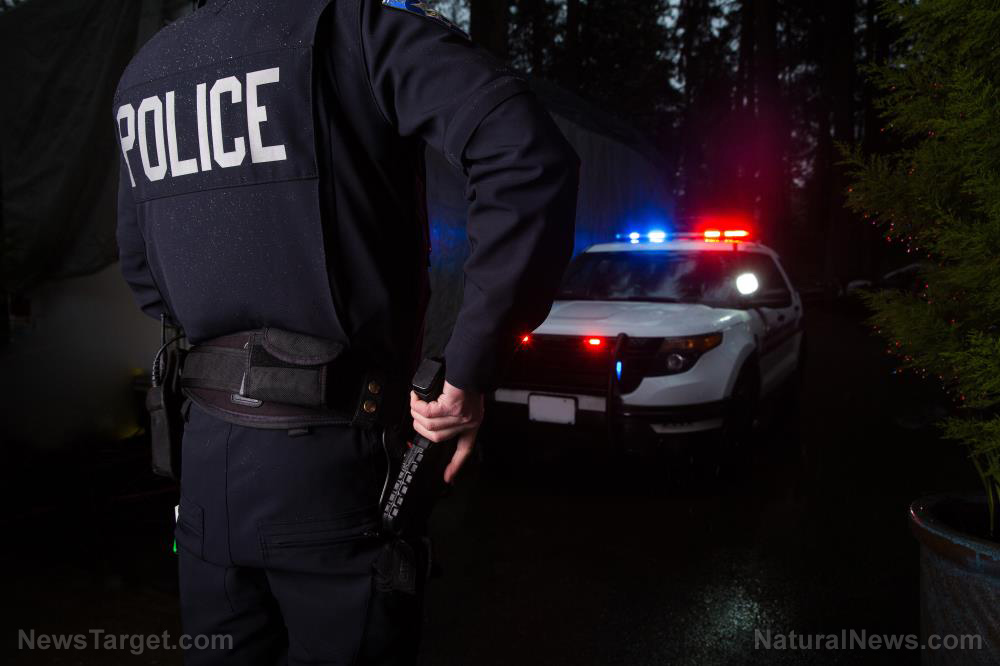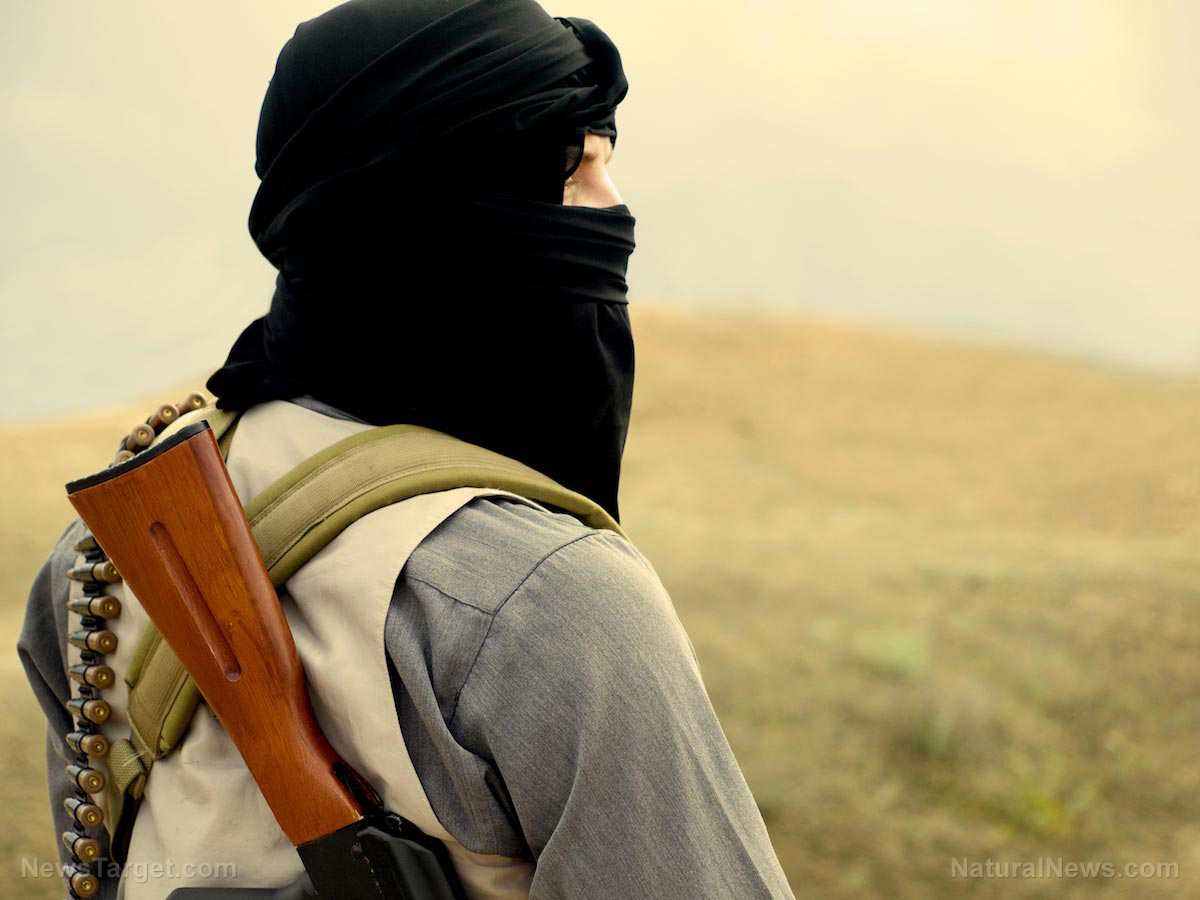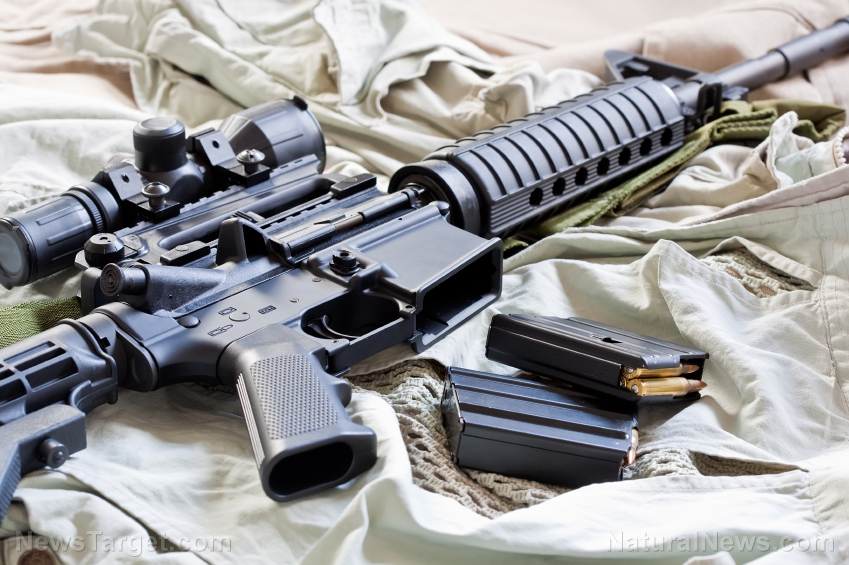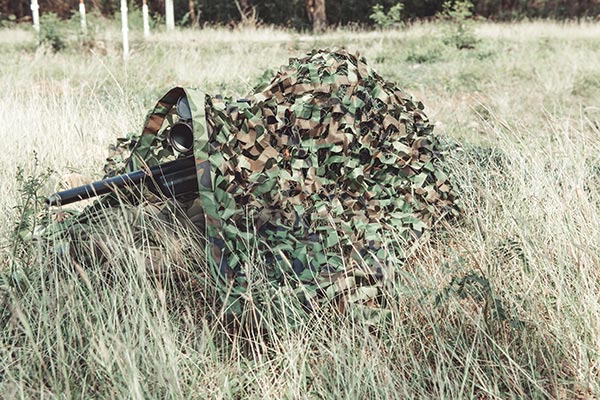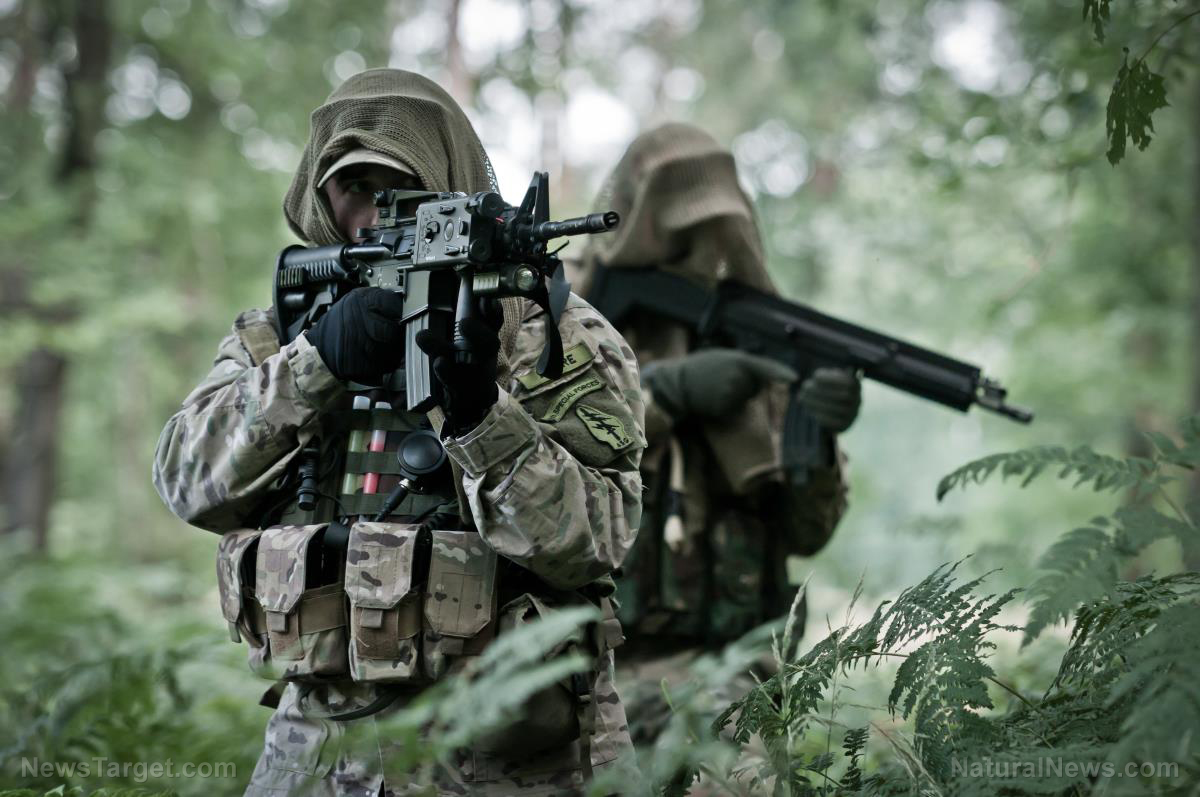The Old Guard: 10 Things old-school preppers did that you probably don’t
12/13/2019 / By Arsenio Toledo
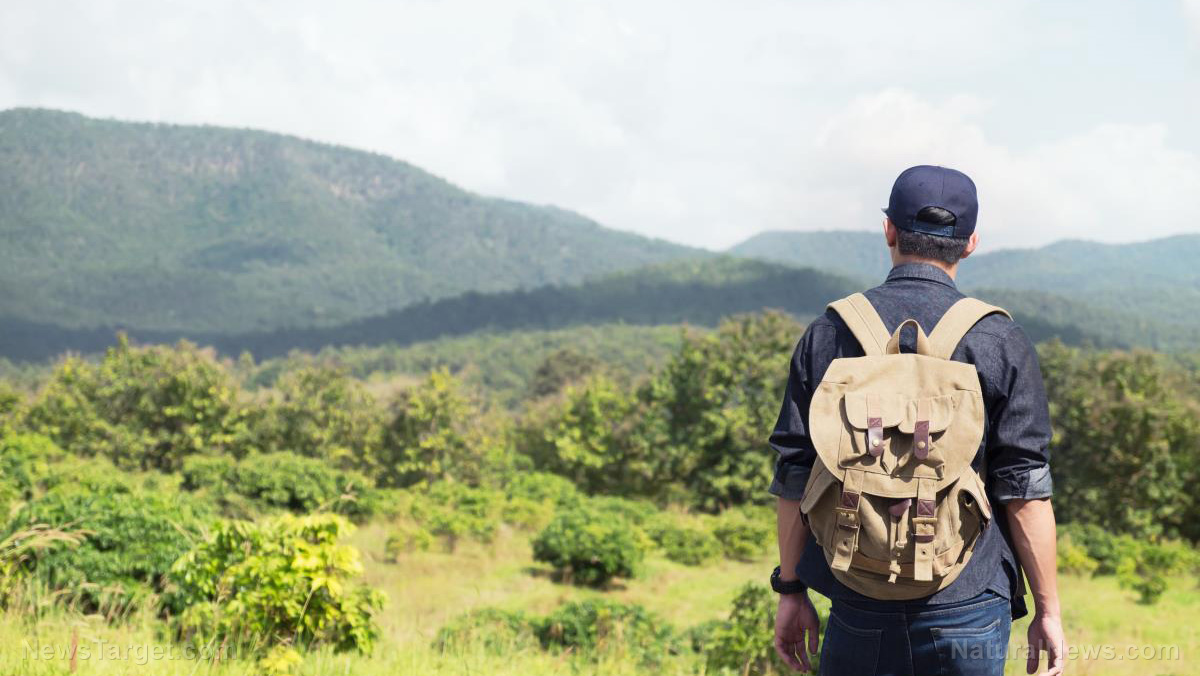
Every generation builds upon the successes and failures of the previous one. This is true of Baby Boomers, Gen X and the millennials. The skills and capabilities developed will come in handy as the younger generations learn about prepping. It’s time to listen to the Old Guard again. Here are 10 things old-school preppers learned that could be helpful for the new generation of preppers. (h/t to SurvivalSullivan.com)
Learn when not to speak
There’s a reason why the classic protagonists of Westerns and survival stories are portrayed as quiet, laconic heroes. Running your mouth can lead to trouble. Watch what you say (and how you say it), otherwise somebody might figure out the layout of your home defenses, the state of your firearms or even the hidden stash of supplies in your basement. If you keep quiet, you avoid attracting attention and revealing your prepping secrets.
Do more with less
The Old Guard did more with less. This doesn’t necessarily mean that old-school preppers were better at improvising. It simply means they had less gear to work with. Instead of carrying a large tent plus the equipment to assemble it, they made do with a simple tarp and cordage to secure it. Instead of relying on a large assortment of specialized tools, they had a small selection of trusted equipment that they knew how to take full advantage of.
Take the initiative
Leaders make great survivors. In times of emergency, you won’t have a moment to stop and think about what to do. All you will have is your own initiative, and you need to listen to it. Practice being firm and decisive now. It can help you in the future, especially when other people’s lives or your own are at stake.
Stay fit
Obesity rates in the US are still on the rise. Your body is your first weapon and tool against any disaster, so be sure to take care of it. Consider making it a habit to do cardio more often – go on a run, take that bike out for a spin and spend your weekend on a thru-hike. Your body will thank you for the exercise and your endurance will be ready when SHTF. (Related: Keep moving for better health: Even 10 minutes of vigorous physical activity can help lower death risk.)
Experience is a better teacher
Reading up on everything you can possibly learn about prepping and survival is great. However, memorizing what you need to do isn’t the same as practicing it. All that reading is supposed to help you understand what you learn through experience. For example, you can read that trail map as much as you need to, but if you don’t head out for a hike to experience it for yourself, your knowledge will be severely lacking.
Produce more than what you consume
When SHTF, you need a strong cache of supplies. This includes food, water, guns, ammunition and money. Learn to consume less, much like the older generations. Living with surplus wasn’t considered a prepping trait several decades ago, it was just a fact of life. Get your finances in order and be sure to stock up on survival gear. Learn to live as frugally as your parents and grandparents did, and you’ll be prepared for whatever comes your way.
Prioritize quality
Sharpen your eye for quality. Your grandparents may have treasured tools, guns and other heirlooms that they still keep or even use to this day because they understood the quality of those items. Whether it’s an old but still functioning rifle or a tiny, durable pocketknife, old-school preppers valued quality. Adopt the same mindset now before you impulsively buy your next firearm or camping gear.
Minimize complaints
Complaining can serve to keep you grounded to the obstacles you’re facing. But incessant complaining without coming up with solutions are nothing but hot air. Negative emotions, like positive ones, are infectious and can affect how people make decisions. Make sure you are releasing the right emotions into your atmosphere.
Learn how to fix things
What can be seen today as an expertise or specialist skill was a fact of life for the older generations. Being able to fix things yourself isn’t just a useful skill for reducing your bills, but it will be crucial when SHTF. Develop a habit of learning how to fix things with your own hands. Before your car breaks down or your rifle jams, look up a tutorial video or read a book on how to fix them. You won’t just save money from calling a specialist to do the job for you, but you will also improve your prepping skills.
Develop networks of solidarity
Strong support networks are the backbone of any community of preppers. Saying hi to your neighbor isn’t just being friendly, it’s developing a relationship of trust and understanding that you can watch each other’s backs when things get rough. The popular idea of the lone wolf surviving against all odds in the face of chaos is complete fiction. Nobody can survive alone, not even someone with all the gear and experience. Your friends and neighbors are assets and looking out for one another can save lives.
Old-school preppers worked with the resources they had, which included their friends and neighbors, old but high-quality gear, the circumstances of their times and the experience of generations before them. Your prepping skills will be built off the experiences of older generations. Learn from them and thank the Old Guard for turning you into the prepper you are today.
Sources include:
Tagged Under: emergencies, old guard, old preppers, older generation, preparedness, prepping, self sufficiency, self-defense, self-reliance, SHTF, survival, survival skills, sustainable living
RECENT NEWS & ARTICLES
COPYRIGHT © 2017 PATRIOT NEWS


